Market Trends
Key Emerging Trends in the Kefir Market
Currently, the Kefir Market is witnessing several trends that highlight growing consumer interest in probiotic-rich and functional foods. Nowadays kefir-a fermented dairy product, which is known to have a tangy taste and health benefits has become quite popular. One major trend is increasing interest in plant-based kefir alternatives. With the increasing focus on plant-based diets consumers also seek after replacements for dairy hence kefir is produced from coconut almond- soy as well as other non-diary plants. This is in line with the bigger wave of plant-based eating by those who are lactose intolerant, vegans or anyone avoiding dairy. The Kefir Market is driven by health and wellness considerations. Consumers are increasingly aware of the benefits probiotics have on digestion and immunity, leading to higher popularity of kefir’s rich contents. The popularity of gut health has particularly increased demand for kefir as it is rich in a wide variety of good bacteria. This is consistent with the larger consumer consciousness about gut-brain connection and how a well-functioning gut microbiome relates to overall health. Manufacturers are not only diversifying their product offerings with different flavours such as fruit-infused, spiced or savoury. Functional kefir formulations are also coming out with added ingredients such as herbs, vitamins and adaptogens to improve the nutritional component for those who want more than simple probiotics. The Kefir Market is affected by a keen interest in sustainability as consumers seek the products that correspond to environmentally-friendly practices. As a result, kefir manufacturers are directed towards sustainable sourcing of ingredients eco-friendly packaging and energy efficient production methods. Thus, the increasing environmental consciousness among consumers plays a role in defining kefir brand’s market positioning since it is driven by sustainability as one of its integral factors. Ready-to-drink kefir products are also becoming more readily available in the market. Consumers like convenience in what they buy and grab-go kefir beverages are convenient to purchase when life is too busy. Ready-to-drink products, usually offered in bottles of pouches offer the consumer a convenient and transportable mechanism for integrating kefir into their everyday schedules. E-commerce is acting as a central piece in redefining the distribution environment of Kefir Market. The advent of online platforms has made it possible for consumers to buy kefir products directly from the producers, allowing them access and purchase a wide variety of these items. This trend is especially important for smaller and niche kefir producers, providing a means of reaching more customers without the limitations associated with traditional retail distribution. E-commerce is making kefir market more democratic, as the accessibility becomes available to a wide range of consumers who can find and opt for different brands.


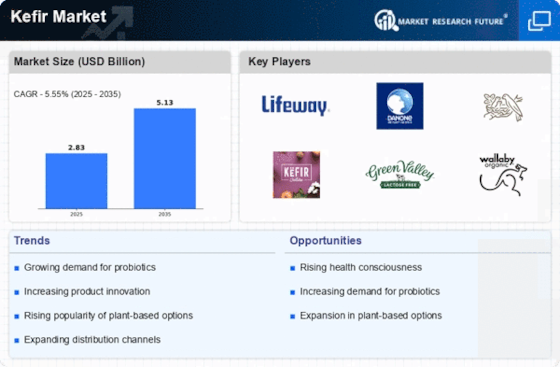

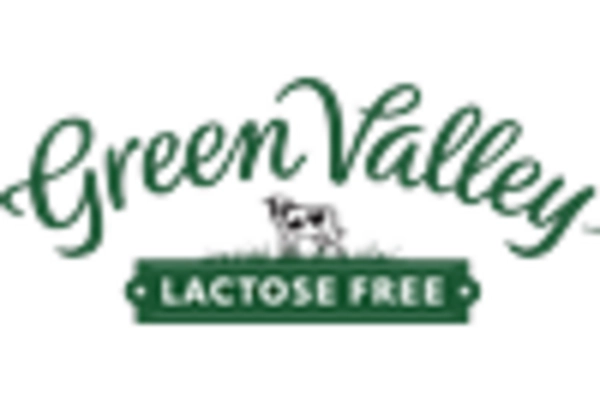
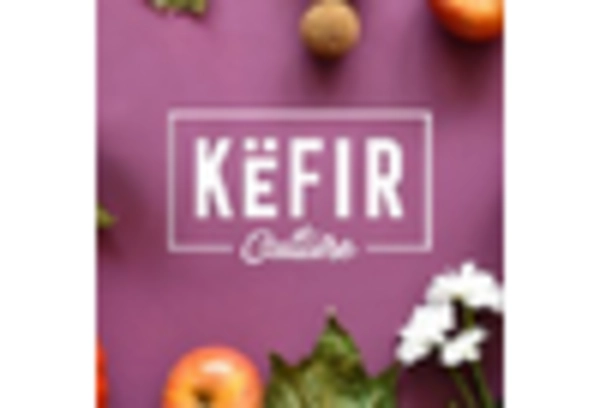
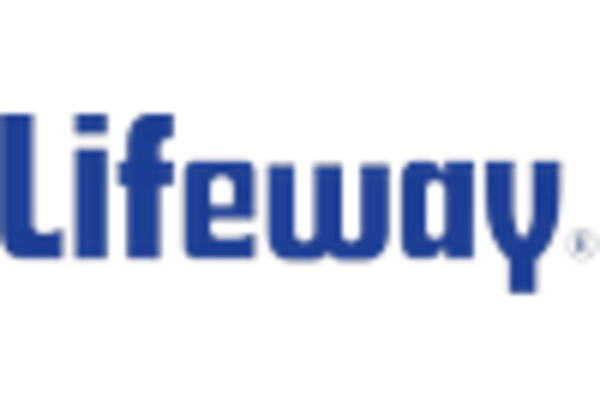

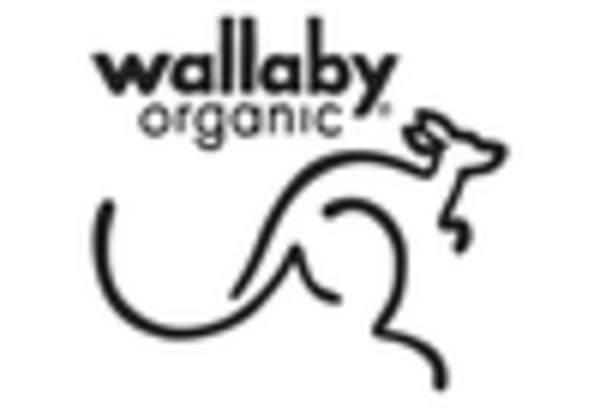









Leave a Comment